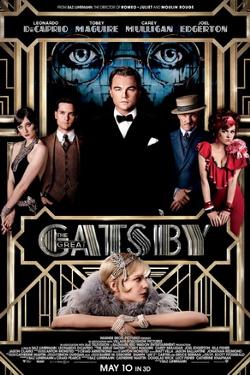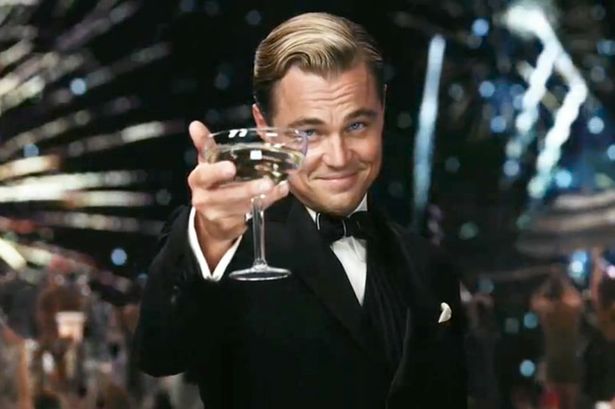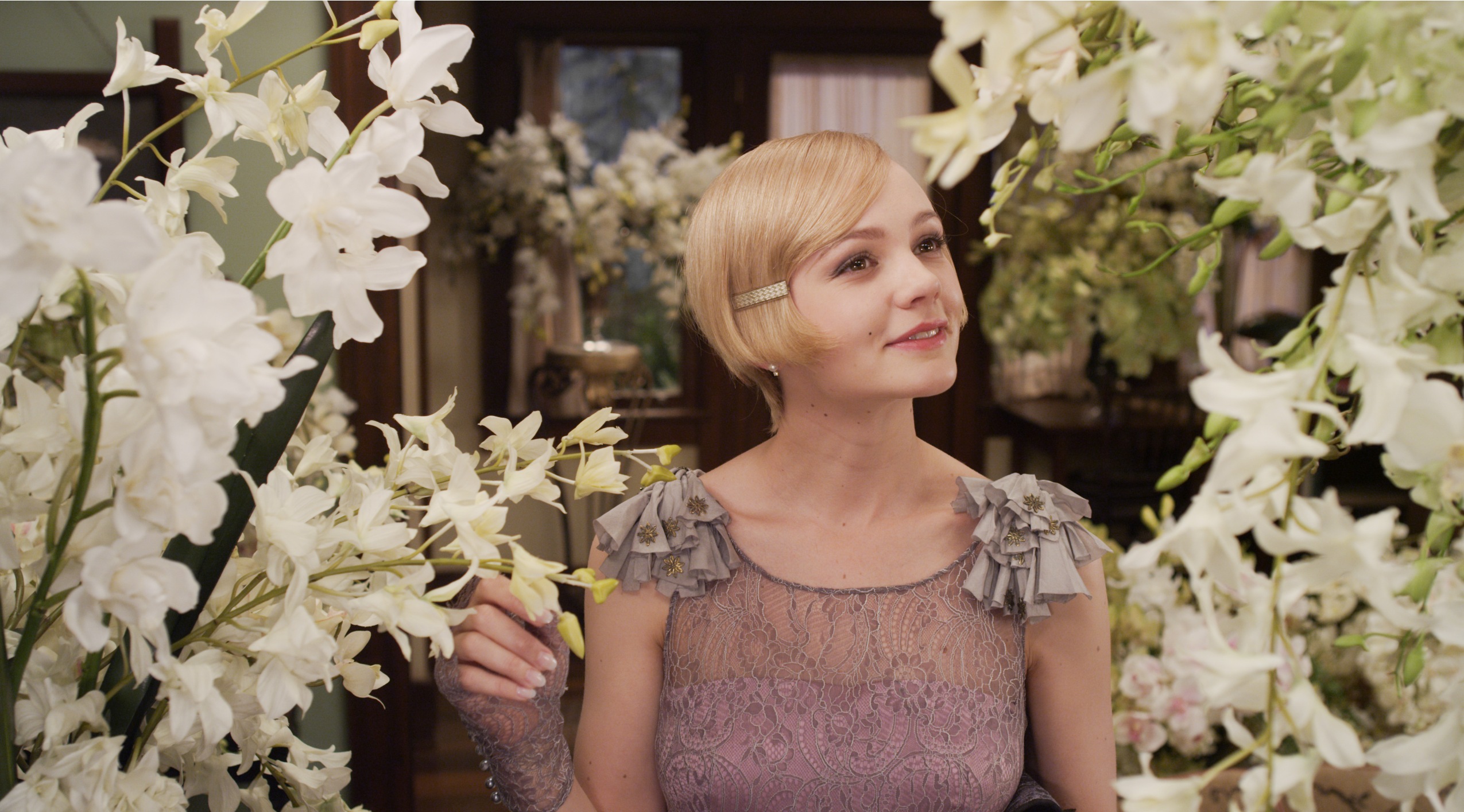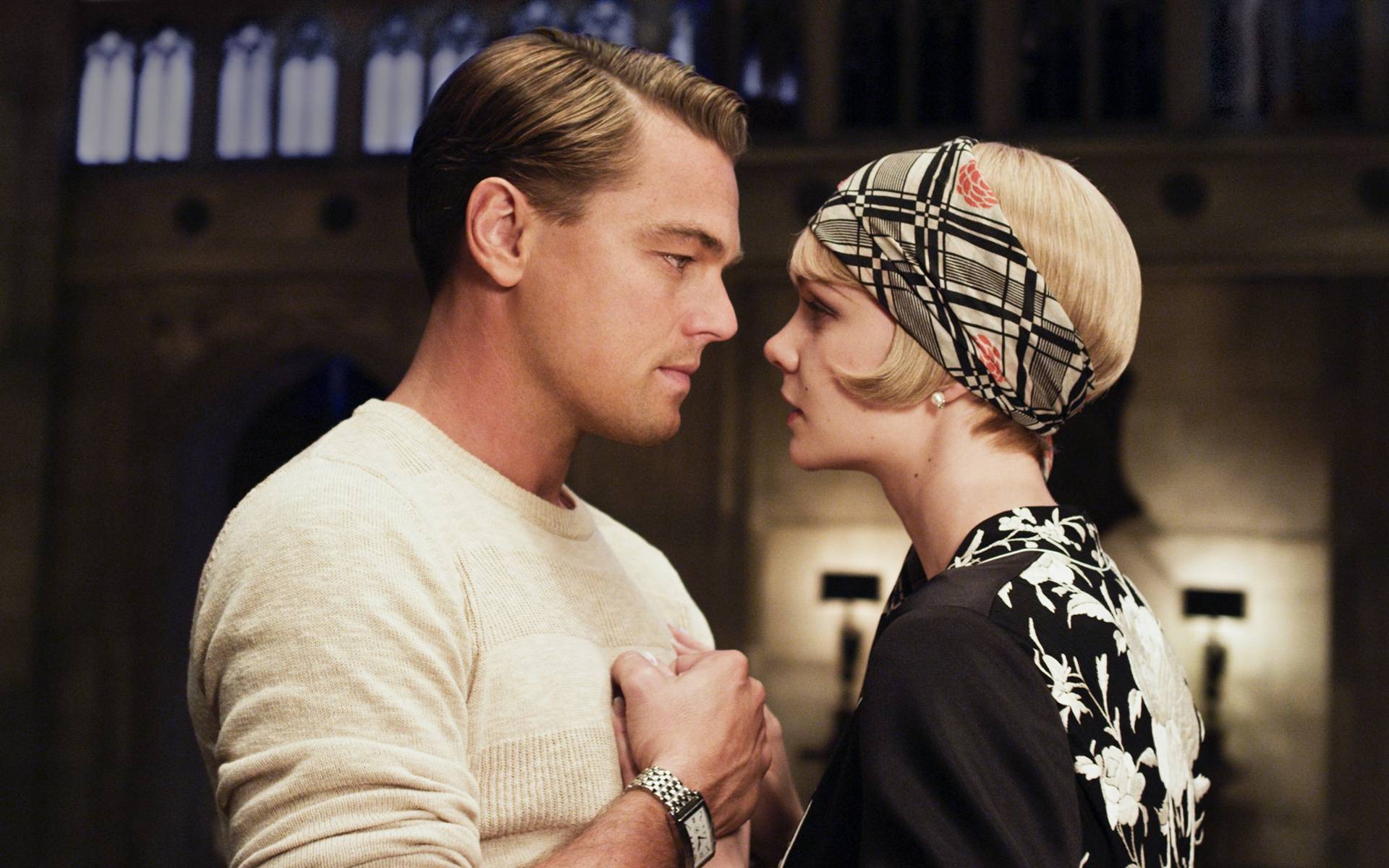|
|
||
| The Great Gatsby (3D) Reviewed by Damien Straker on May 29th, 2013 Roadshow presents a film directed by Baz Luhrmann Screenplay by Baz Luhrmann and Craig Pearce, based on the novel "The Great Gatsby" by F. Scott Fitzgerald Starring: Leonardo DiCaprio, Carey Mulligan, Tobey Maguire, Joel Edgerton, Elizabeth Debicki and Isla Fisher Running Time: 142 minutes Rating: M Released: May 30th, 2013 |
|
|
|
Baz
Luhrmann's The Great Gatsby is
big, loud and lavish, more of
an event than a film, and a substitution of essence for grandiosity.
From the
moment it was announced that the Australian filmmaker would adapt F.
Scott's
Fitzgerald's 1925 classic novel did we expect anything else? What Baz
fails
to cement is genuine purpose for his filmic style and the very
reasoning for
filming this story again. There have been three previous film
adaptations,
including a 1974 version with Robert Redford. The novel itself also
possesses
its own cinematic qualities, which further asks why it needed to be
made into
another film. Modernist writers, authors from the post-WWI period like
Fitzgerald, T.S. Eliot and Faulkner, were influenced by the power of
cinema in
their work.
The
soundtrack is also narrowly geared
towards a younger demographic, instead of the authenticity of the Jazz
Age or
the novel's thematic core. Modern singers like Jay-Z and Beyonce are
used in
the film and the familiarity of their voices is distracting. In a
crucial
moment where Jay Gatsby (DiCaprio) prepares to reunite with Daisy
Buchanan
(Mulligan), a remix of Beyonce's song "Crazy in Love" plays over the
vision of servants marching into the house together. It's a terribly
directed
scene that mistakenly treats Gatsby like a slapstick comedian. There is
a lot
of overstatement like this, particular when Nick Carraway (Maguire),
who
narrates the film through a voice-over, regurgitates observations
already made
clear by the camera. The second half is mercifully slower, providing more time for the actors, but it fails to inject itself into the novel's thematic interests. DiCaprio suits the role of Gatsby because he gives the character a slick air of believable confidence and composure. There are some also gentle moments where he reveals an internal sense of longing through his face, without any intrusive flashbacks. Yet Baz's worst sin is that he buys into Gatsby's idealisation of Daisy. Their relationship is treated like a conventional sugary romance rather than a question of class or the social order. The casting of Daisy is problematic. Mulligan has been directed to play the part soppy, instead of darker, frivolous and superficial, so that the materialistic nature of her character is softened until the end.
Tobey
Maguire seems
uncertain on how to approach Nick because of his elusive
characterisation and
new material, including a thread where he is recovering from a
breakdown and is
told by a doctor to write the story out, does not have any emotional
impact.
Crucial female characters from the novel, including Jordan Baker
(Elizabeth
Debicki) and Myrtle Wilson (Isla Fisher), who is having an affair with
Tom
(Joel Edgerton), are also marginalised so that their importance barely
registers. I hope Baz can rediscover his restraint as a filmmaker and
remember
that purpose and intent are the foundations of great storytelling and
filmmaking so that his narratives can linger after the glitz and the
technique
have faded. Despite how lavish and busy it is, Gatsby makes
for a forgettable movie - a label you couldn't even apply to Baz's
worst
efforts. |
||



